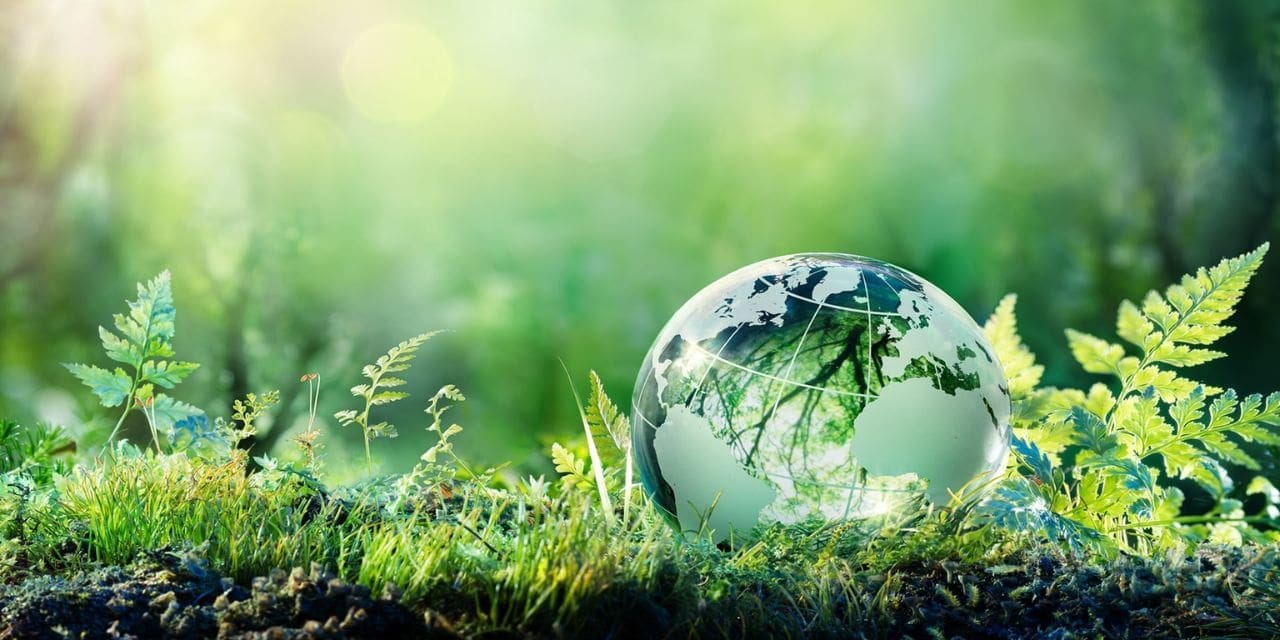In their historic production facility in Madurai, Coats, the top producer of thread and structural elements for clothing and footwear, has opened a sustainability hub. Rajiv Sharma, Group CEO of Coats, detailed how the business has been continually reinventing itself, offering top-notch products, and how Coats intends to achieve sustainability with its shareholders during the inauguration, according to reports. Nicholas Kumar
To advance its commitment to sustainability, Coats has formally established a brand-new cutting-edge sustainability hub at a spinning and twisting pilot plant in Madurai, India. Rajiv Sharma, Group CEO of Coats, together with Adrian Elliot, Divisional CEO (Apparel), Philip Sydenham, First Secretary of the British High Commission, Priyanka Khanna, Fashion For Good, Arvind Mathur, Raymond UCO Denim, and Naresh inaugurated the new sustainability centre. Tyagi, Aditya Birla Fashion and Retail Ltd.’s chief sustainability officer.
The sustainability hub in Shenzhen, China, will coexist with the new hub in Madurai, speeding the shift to recycled and renewable materials. Together, the two hubs will develop cutting-edge sustainable sewing threads for clothing, footwear, and performance textiles. The achievement of Coats’ carbon reduction goals depends on this material transition path. The Madurai hub will assist clients and other industry participants in fostering sustainability, allowing Coats to expedite sustainability innovation, strengthen brand relationships, and speed up the availability of sustainable products and market entry capabilities.
In order to assist start-ups, colleges, and business partners to scale up innovations and materials, Coats announced last year the creation of a fund of USD 10 million. that can be pertinent to the textile sector, particularly threads. The process of dyeing textiles uses a lot of resources as well. It is also incredibly labor-intensive and uses a lot of water, power, and chemicals. In order to use waterless dyeing, the company has invested in Twine, an Israeli start-up. “150 litres of water are needed to produce one kilogramme of thread. Every three hours, we produce enough thread to travel to the moon and return. Water consumption for a pair of jeans is 700 litres. In the next three years, the textile industry will experience technological advancements because everyone is now focused on consuming less water, Rajiv said, while describing the necessity of doing so.
“Coats has decreased during the past four years,” he continued. 40% more water consumption. We want to make investments in cutting-edge technology that don’t even require water. Hence, less colouring is currently the solution to consuming less water. Also, we collaborate with universities in the United States, Japan, China, and India. We are attempting to enlist the brightest minds from around the globe to assist us and our business in developing these ideas because we believe that it is crucial for the world and that it is the moral thing to do. To reach these goals, we are working extremely hard.

